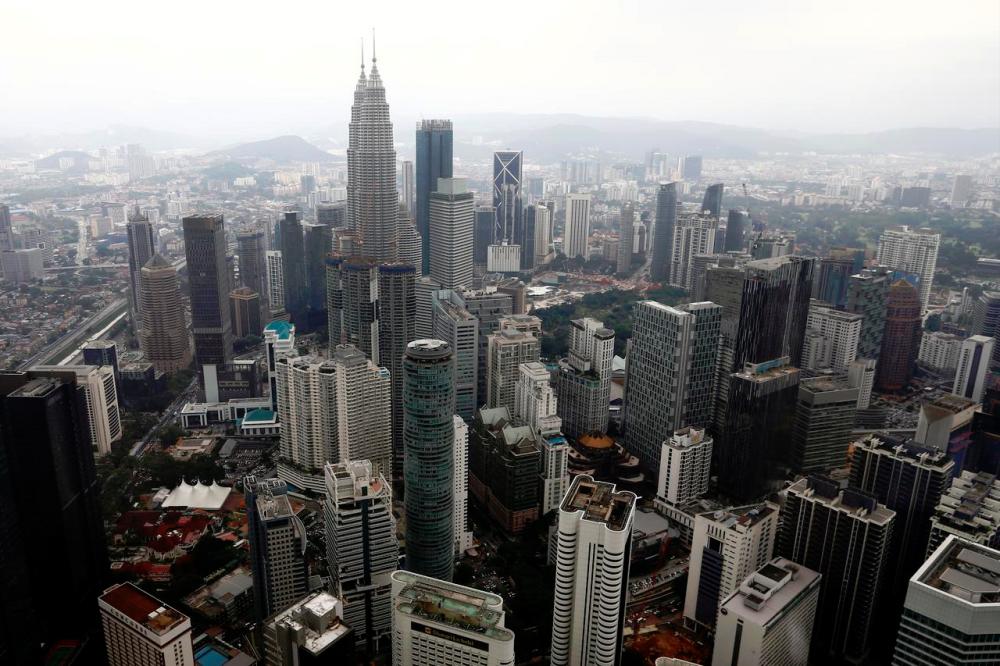SINCE the first industrial revolution, all nations face common challenges of how to effectively use its limited resources to obtain maximum economic benefits. Although most countries have enough food and other necessities to meet the needs of the people, the gap between the rich and poor, and environmental pollution are becoming a pressing issue. We are also facing challenges from natural disasters such as floods and droughts.
Utilitarianism and market-oriented economy models mainly use gross domestic product as an indicator to measure their development. Higher pollution index of air and rivers are a representation of a better economy performance. Nevertheless, the consumerism culture will fail one day because of the concept of “sale”, whereby everything can be sold legally.
Money seems to be the link of all relationships, so people deem that happiness is found by getting more external substances. Therefore, some people believe that pursuit of rare and luxurious goods will enable them to acquire a better sense of accomplishment.
However, a number of studies show that getting more external things does not improve people’s happiness. Moreover, studies also indicate that true happiness comes from establishing good interpersonal relationships and showing compassion to those in need of help.
Under the utilitarianism and consumerism culture, the inequality among nations and people is expanding rapidly and the unsustainability of the current business models are self-destructing. Today, the so-called “growth” of many businesses are actually a process of cannibalisation and exploitation of nature for selfish benefits.
The profligacy of this generation at the expense of the future generations is evident, where our successes are built on the scarification of the basic welfare such as clean air, water, and food of the future generations.
Therefore, it is necessary for all countries to replace the “I” economic value with the concept of “we” as a win-win notion for future development. We need to rediscover the relationships between economic value and social development before we can return to a more sustainable model, simply because the most basic input of the economy is the gift from mother nature. Even a small unseen virus is enough to destroy all human successes and pride, so we need to respect and live harmoniously.
I believe real value is the joint co-value creation of individuals, societies, countries and mother nature, not just the value of one currency. For when mother nature withers and there are no more items to buy, money will be a wastepaper with no value. The distorted value perception is the biggest blind spot in today’s economy, and so, compassion and inclusiveness are the new key drivers for the “we” notion for future development.
Andrew Woon is a lecturer in Business and Management. Comments: letters@thesundaily.com









